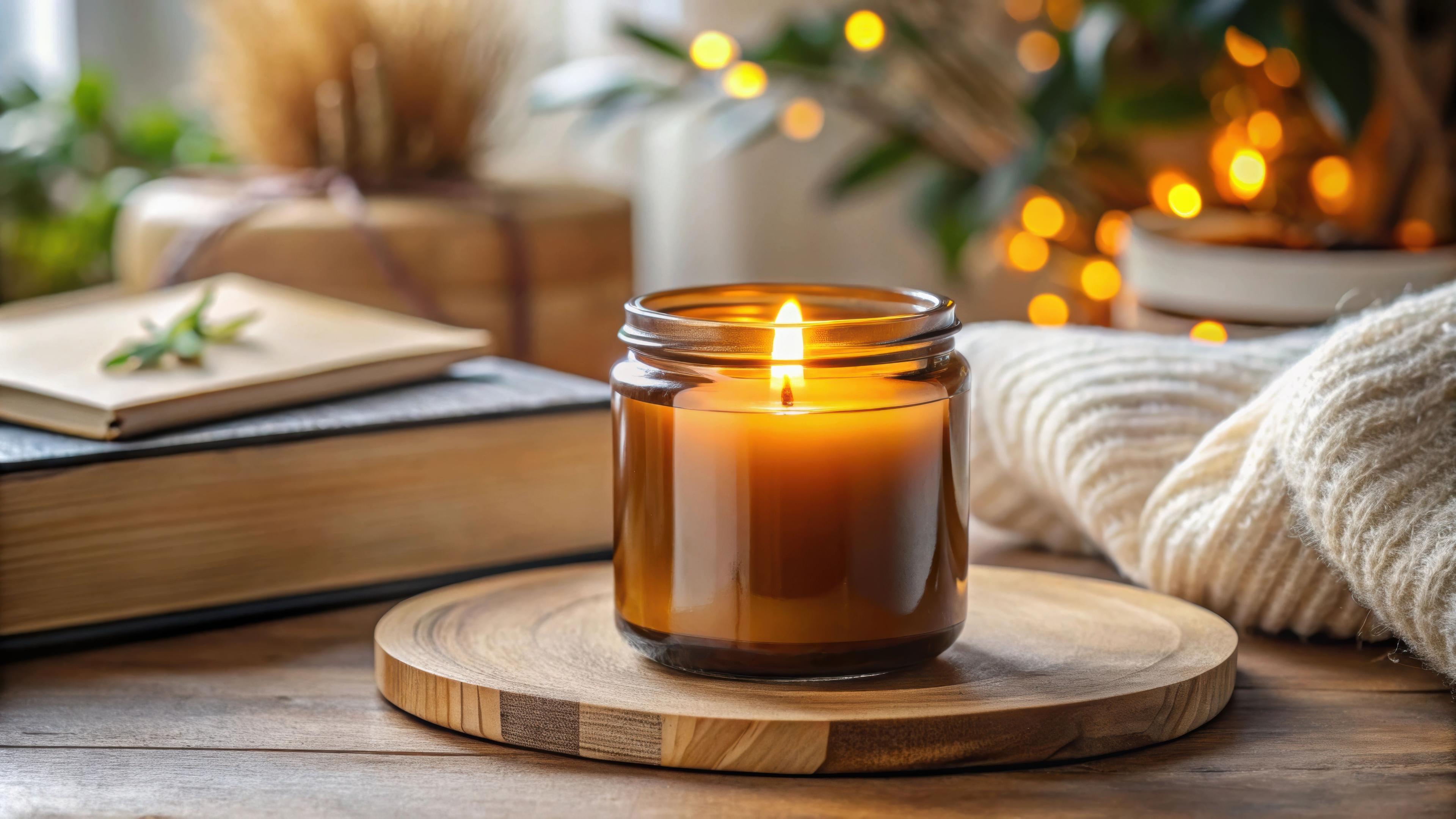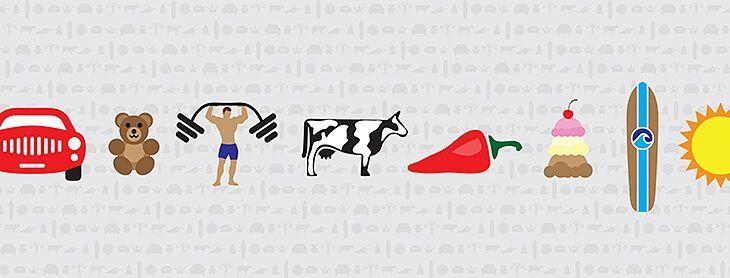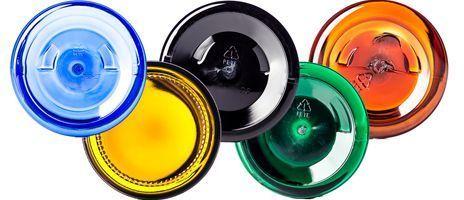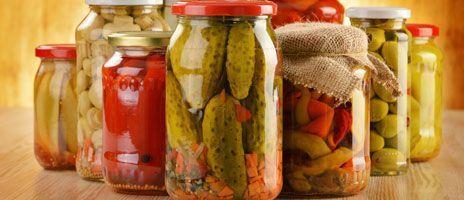Trends in Amber Glass Packaging for 2025


As we move into 2025, amber glass packaging continues to gain popularity across various industries, from cosmetics and pharmaceuticals to food and beverage. Known for its UV protection, sustainability, and premium aesthetic, amber glass is evolving to meet the growing demands of eco-conscious consumers and innovative brands.
This article explores the top trends shaping amber glass packaging in 2025, offering insights into how businesses can leverage these trends to stay ahead of the competition.
1. Increased Focus on Sustainability
Eco-Friendly Manufacturing
With consumers prioritizing sustainable packaging, brands are focusing on recycled glass content in amber glass production. Many manufacturers are incorporating post-consumer recycled (PCR) glass to reduce environmental impact and meet stricter sustainability regulations.
The increased use of renewable energy sources in glass production is also making waves, reducing the carbon footprint of amber glass manufacturing. Companies are shifting towards low-emission glass furnaces and adopting energy-efficient techniques to improve sustainability.
Refillable and Reusable Packaging
Amber glass jars and bottles are being designed for reuse, catering to brands that offer refill stations and zero-waste initiatives. This trend is particularly popular in:
- Skincare and cosmetics
- Specialty food brands
- Household cleaning products
- Pharmaceuticals and herbal remedies
Consumer Shift Towards Circular Economy
The growing trend of circular economy packaging means that more brands are implementing take-back programs to encourage consumers to return used amber glass containers for sanitization and refilling. This approach reduces waste, supports sustainability, and builds brand loyalty.
2. Minimalist and Aesthetic Design
Premium Branding with Amber Glass
Minimalist packaging remains a dominant trend, with brands using sleek, unbranded amber glass containers to project a high-end, natural look. Matte finishes, embossed logos, and simple typography enhance the luxurious feel of amber glass packaging.
The rise of biophilic design in branding also means that more companies are choosing earthy, nature-inspired aesthetics for their amber glass packaging. This includes elements like wooden caps, recycled paper labels, and plant-based inks to align with eco-conscious branding.
Transparent Labeling
Consumers demand clarity and honesty in product ingredients, leading to the rise of transparent labels and engraved branding on amber glass packaging, allowing the product itself to take center stage.
Customizable Packaging
As personalization gains traction, brands are offering custom-printed amber glass packaging, allowing customers to engrave names, messages, or unique designs onto their containers. This trend is especially popular in:
- Luxury skincare
- Personalized food products
- Limited-edition beverage releases
3. Smart Packaging Innovations
QR Codes and Digital Experiences
Amber glass packaging in 2025 integrates QR codes and NFC technology, allowing consumers to:
- Scan for product authenticity and sustainability details
- Access brand storytelling and interactive experiences
- Receive personalized recommendations based on past purchases
Smart Seals and Freshness Indicators
Brands are incorporating temperature-sensitive seals and freshness indicators on amber glass containers, especially in food and pharmaceutical packaging, ensuring product integrity and extended shelf life.
Internet of Things (IoT) Integration
Smart packaging is taking another step forward with IoT-connected amber glass bottles that monitor:
- Storage conditions (temperature, humidity, light exposure)
- Expiration tracking via smartphone apps
- Automated reorder notifications for subscription-based products
4. Growth in Niche and Emerging Markets
Cannabis and CBD Products
As cannabis legalization expands globally, the demand for amber glass packaging in the cannabis and CBD industry is surging. Its UV-blocking properties help preserve product potency and quality, making it the preferred choice for:
- CBD oils and tinctures
- Edibles and infused beverages
- Cannabis skincare products
- Medical cannabis extracts
Specialty Beverage Packaging
Amber glass is making a strong impact in the craft beverage industry, including:
- Kombucha and fermented drinks
- Cold brew coffee packaging
- Premium herbal teas and elixirs
- Alcohol-free spirit alternatives
Herbal and Holistic Wellness
With the rise of natural wellness and herbal medicine, amber glass is becoming a staple in holistic health packaging. Herbalists and apothecaries prefer amber glass for storing:
- Tinctures and botanical extracts
- Adaptogenic mushroom supplements
- Aromatherapy essential oil blends
5. Regulatory Compliance and Safety Standards
Stricter Packaging Regulations
Governments worldwide are implementing more stringent packaging requirements, particularly for pharmaceuticals and food safety. Amber glass is emerging as the preferred choice due to its:
- Inert properties (does not react with contents)
- High recyclability
- Protective barrier against contamination
Amber glass packaging is also aligning with clean-label movement trends, where consumers prefer packaging that ensures zero harmful chemicals, such as BPA or phthalates, commonly found in plastics.
Tamper-Proof and Child-Resistant Features
With safety concerns increasing, brands are adopting child-resistant caps and tamper-evident seals on amber glass packaging, particularly in pharmaceuticals, essential oils, and CBD products.
International Standards and Compliance
With a global push towards sustainable packaging, countries are mandating stricter compliance measures, including:
- EU’s Single-Use Plastics Directive (SUPD), which encourages glass over plastic alternatives
- FDA guidelines for sustainable food packaging
- ISO 14001 environmental management compliance for packaging companies
The Future of Amber Glass Packaging
As sustainability, innovation, and consumer preferences evolve, amber glass packaging is set to dominate the packaging industry in 2025. Brands embracing eco-conscious practices, digital integrations, and premium aesthetics will stand out in an increasingly competitive market.
Key Takeaways:
- Sustainability remains at the forefront, with brands shifting to refillable, recycled-content amber glass.
- Minimalist, nature-inspired branding is gaining traction, with biophilic and clean-label design trends.
- Smart packaging features such as QR codes, freshness indicators, and IoT integration are revolutionizing amber glass use.
- Regulatory shifts favor glass packaging due to safety, compliance, and recyclability factors.
Stay Ahead of the Trend
Looking to upgrade your packaging for 2025? At Container & Packaging, we offer a wide range of customizable amber glass jars and bottles to keep your brand ahead of the curve. Explore our collection today!




